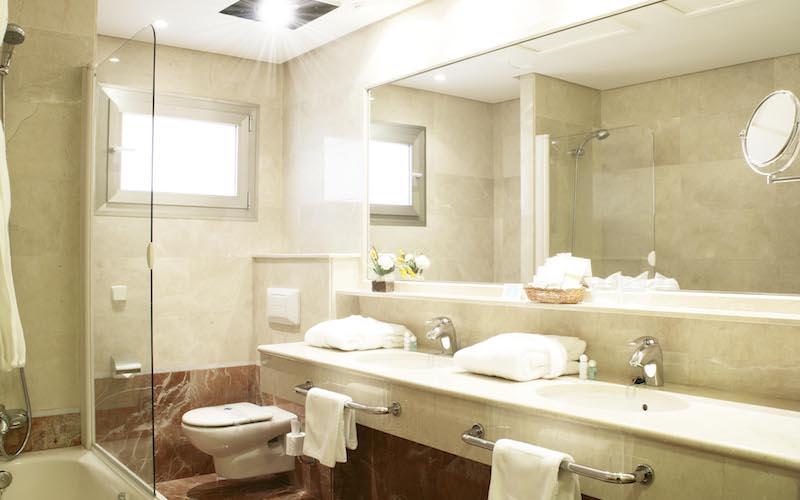We live in a time where there is growing concern over antibiotic resistance – so called “super bugs” have become increasingly difficult to kill or treat – and one of the most common solutions are chemicals that can harm us and the environment. This clear and present situation creates a wide-open field for next-gen organic lighting technology, notably Violet Defense’s proprietary Surface & Air Germ Elimination (S.A.G.E.) technology.
“Chemicals have become an ever-increasing health concern — cleaning chemicals, agricultural chemicals, and countless more” said Terrance Berland, Violet Defense President and CEO.
Violet Defense’s progressive S.A.G.E. system utilizes germ-killing lights in combination with violet and UV light to eradicate pathogens. The patented technology in the S.A.G.E line of products produces a combination of UV-A, UV-B, UV-C, and Violet-Blue light – the same photonic energy as the sun. The S.A.G.E. technology kills up to 99.9 percent percent of germs, including “superbugs” like MRSA.
“Our view is that the S.A.G.E. technology does what the sun has done for billions of years – using UV rays to destroy germs at the cellular level,” Berland said.
Then there are the sustainability benefits. With the S.A.G.E. technology capable of killing up to 99.9 percent of both bacteria and viruses – compared to chemical-based cleaning products that studies have shown to leave 50 percent of surfaces still contaminated – environments will become far less toxic. Not only does this reduce the need for harmful chemicals but can also reduce waste associated with products like disinfecting wipes.
The S.A.G.E. products are available in mobile versions and installed products that can run completely autonomously – either disinfecting anytime a room is unoccupied or completing a deep disinfection overnight. Think about the possibilities for this technology to help prevent the spread of illnesses, resulting in reduced employee absenteeism, fewer students or staff getting sick in a school when the flu makes the rounds every winter, and fewer infections in healthcare spaces.
“Chemicals are not conducive to human interaction,” Berland said. “We provide a more sustainable, cleaner, and greener way of killing germs. One study from a Scandinavian company equated the impact to the lungs of working a cleaning job, such as a janitorial position, with smoking several packs of cigarettes a day. We want to eliminate that.”
Violet Defense’s protective lighting technology is already deployed in schools, in health clinics, in the hotel/hospitality space, large scale food production facilities, and more. With the ability to also incorporate the power of ultraviolet light into the agricultural space, Violet Defense is driving the usage of a lighting system that vastly improves indoor sanitation and creates healthier working and agricultural environments.










